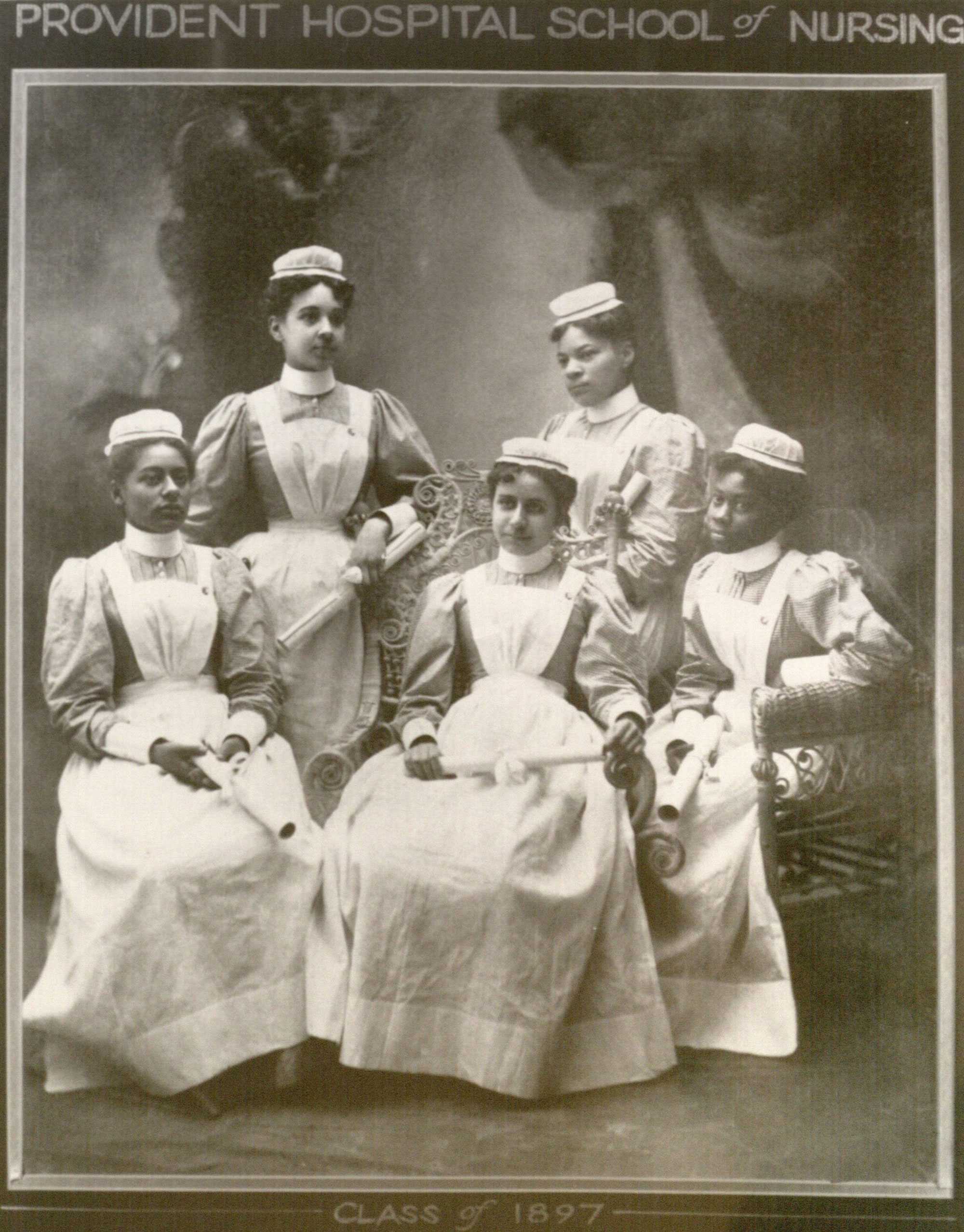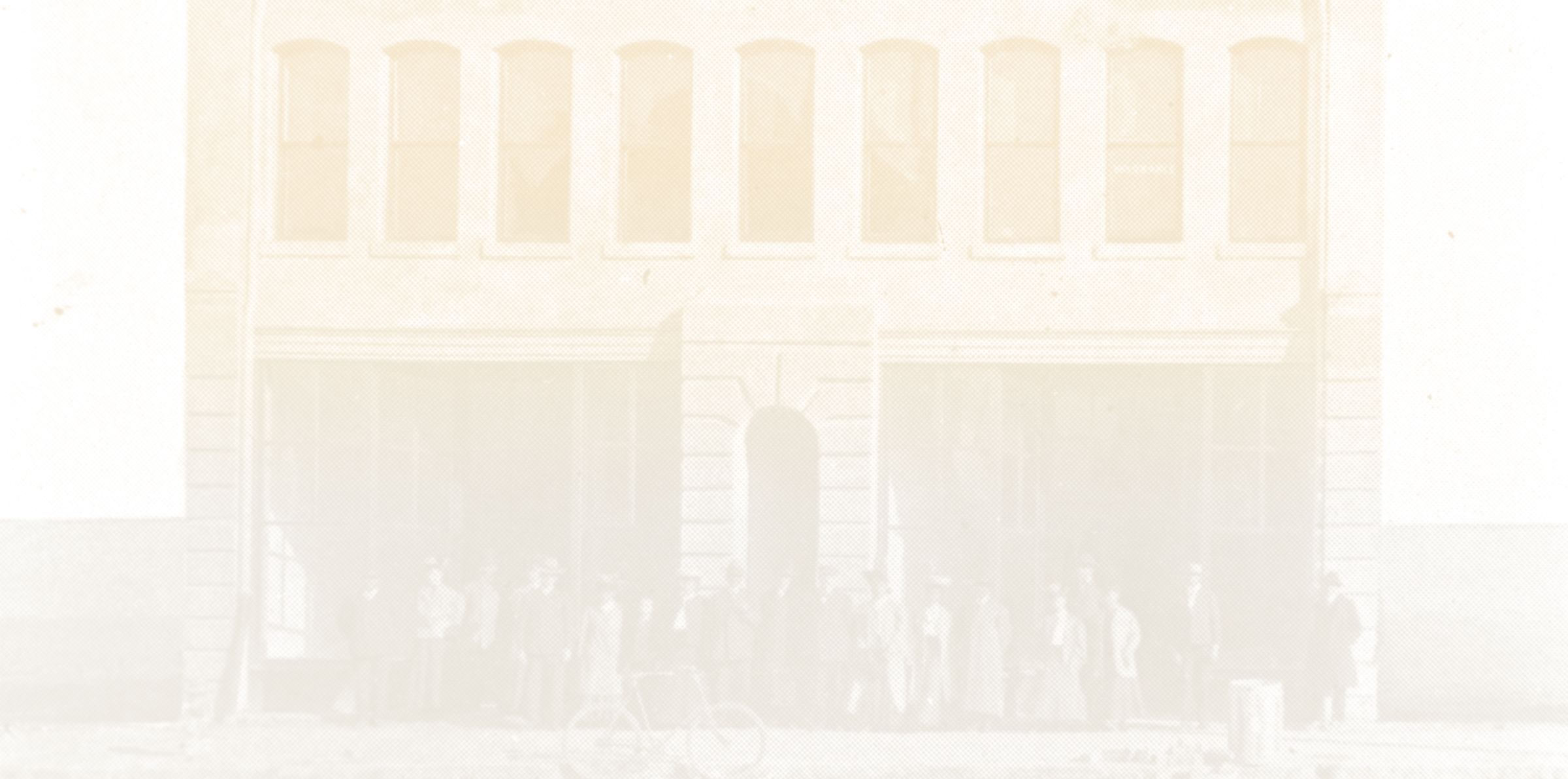
Chapter 2
Building National Institutions
Faced with the challenges of segregation, African Americans created institutions and organizations to serve their needs. They had families to care for and children to educate. They needed places to worship and places to relax. Establishing businesses, banks, churches, schools, and social organizations guaranteed that segregation would not be a paralyzing force in African American communities.
Creating Community
Kappa Alpha Psi at Wilberforce University in Ohio
To shield their families from segregation’s harm, African Americans created institutions and organizations that served their needs and celebrated their accomplishments. The institutions and organizations they created were essential to the preservation and advancement of African American life. Fraternal groups and literary clubs provided opportunities to gather together and enjoy the company of friends and neighbors. Black hospitals trained nurses and doctors and provided medical care to their communities. Dedicated teachers at Black schools offered the hope of better jobs and a better future.
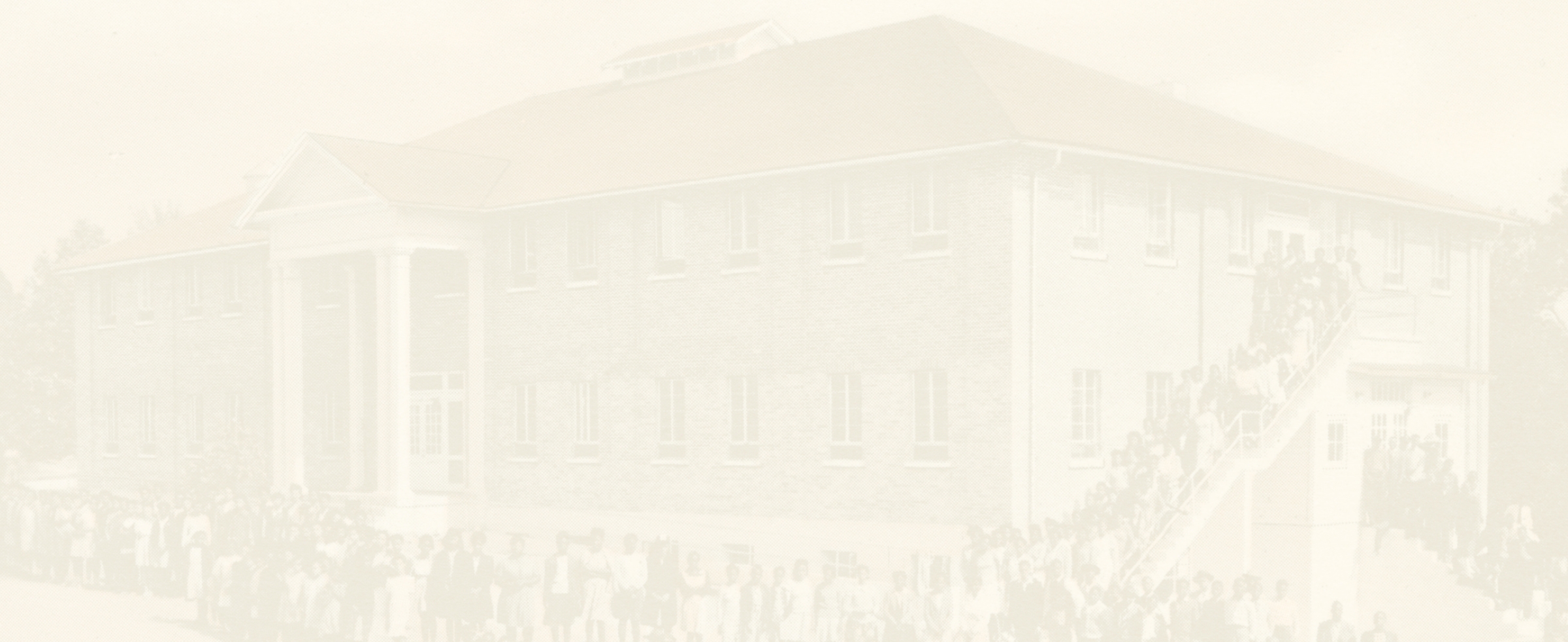
Black Secondary Education
Dunbar High School, Washington D.C.
Piney Woods School, Mississippi
An education beyond the sixth grade was out of reach for most African Americans in the rural South. There were few Black high schools, and many students left school to support their families. Urban areas offered more opportunities to attend high school, and many Black children from the rural South moved to southern cities to further their education. Living with friends and relatives, and with the help of dedicated teachers, many students seized the opportunity for better jobs or even college attendance.
Related Exhibition
Rosenwald Schools
Rosenwald Schools were a product of the Julius Rosenwald Building Fund, Booker T. Washington’s vision for youth education, and a community’s self-determination.
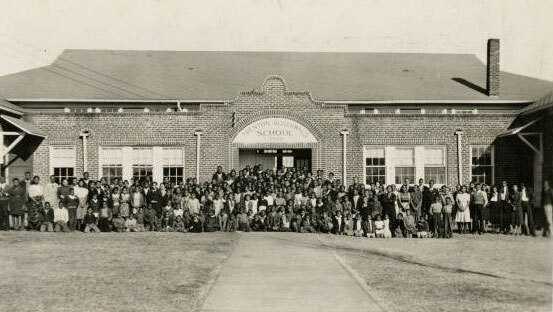
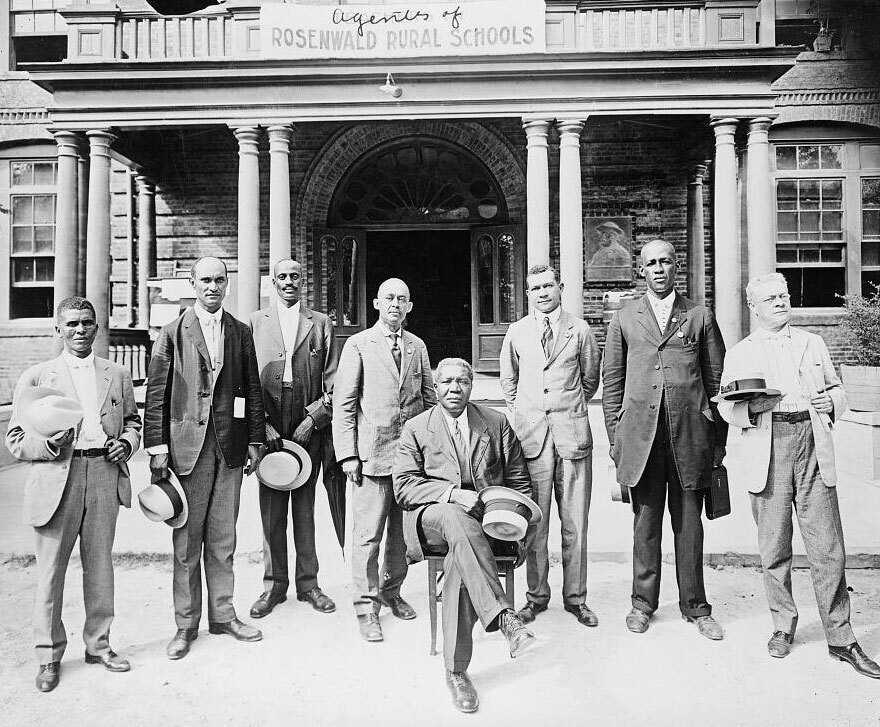

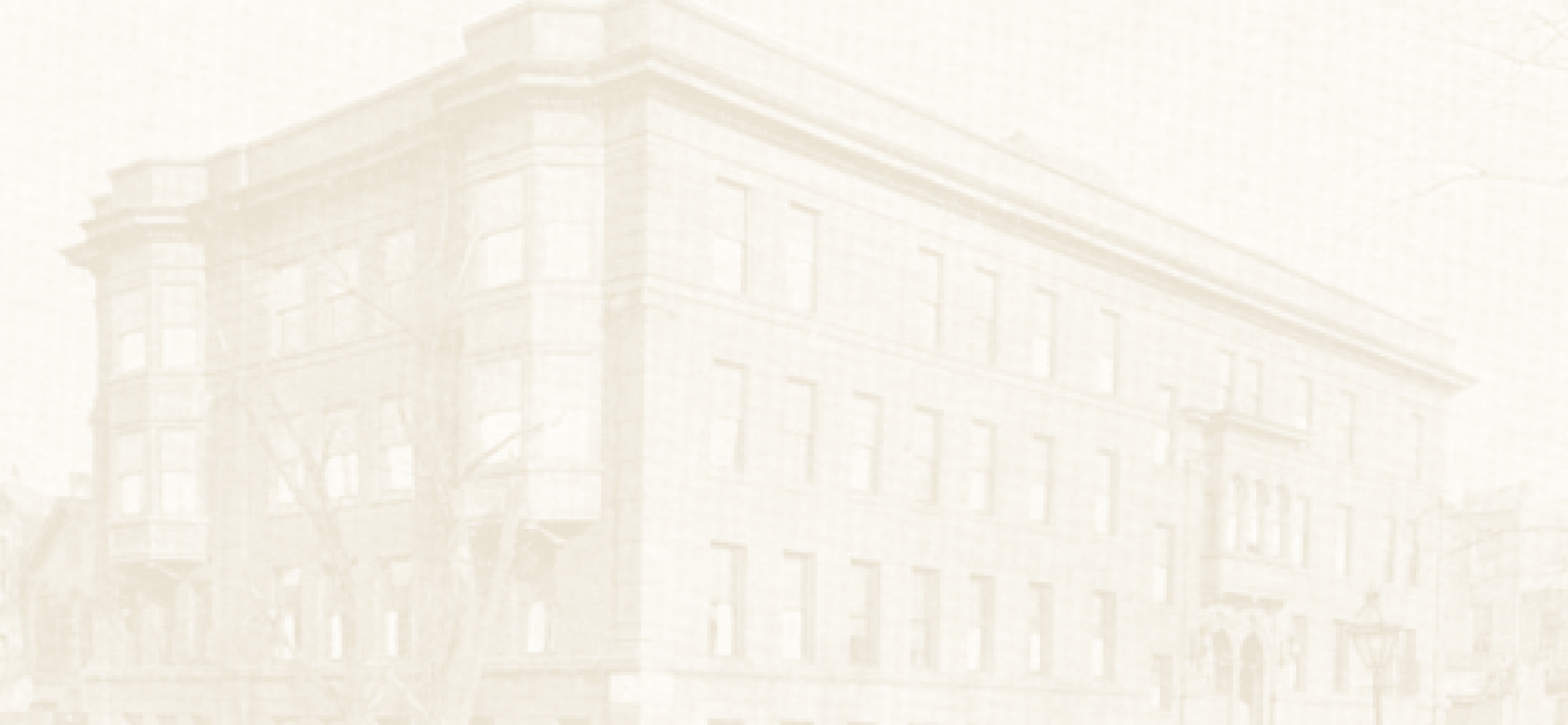
Creating Hospitals
Provident Hospital and Free Dispensary, Baltimore, Maryland, 1895
Provident Hospital and Training School class of nurses, Chicago, Illinois, 1896
In the 1800s African American could not access most hospitals, and segregated facilities limited the ability of Black doctors and nurses to receive medical training. In response, African Americans organized their own medical institutions for training doctors and nurses, while also providing care for Black patients. Some of the earliest medical facilities were created in Chicago, Baltimore, Philadelphia, and Tuskegee, Alabama.
Featured Story
Homer G. Phillips Hospital and School of Nursing
Homer G. Phillips Hospital was the preeminent training facility for African American nurses and physicians during segregation. By 1961, Homer G. Phillips Hospital had produced the most African American doctors and nurses in the world.



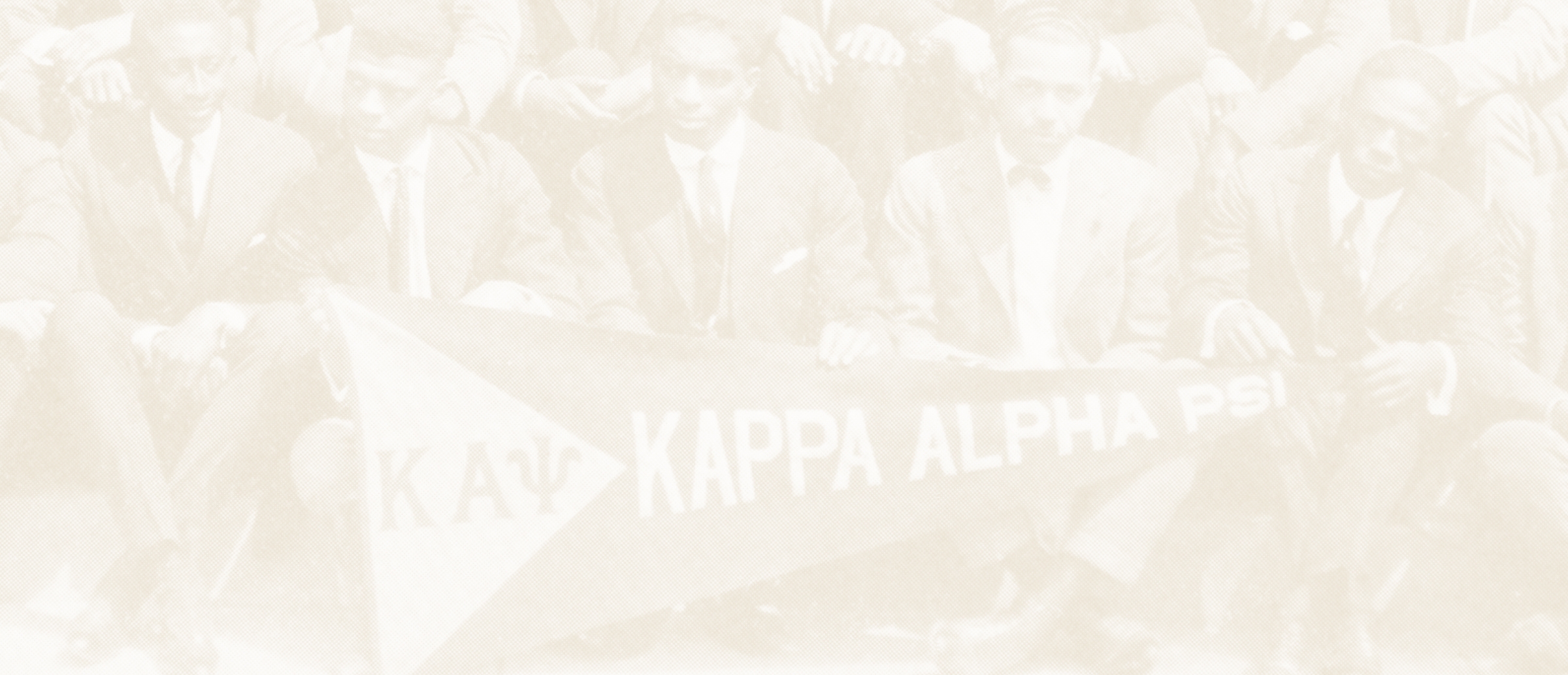
Fraternities, Sororities, and Masonic Lodges
Presentation Cup, Alma Lodge No. 1725, Washington Court House, Ohio
Alpha Kappa Alpha Sorority, St, Louis, Missouri
African American masonic lodges date back to the formation of African Lodge No. 1 in Boston in 1775. Masonic lodges provided death benefits, leadership opportunities, and a place to gather together.
African American fraternities and sororities offered similar benefits while emphasizing public service, academic excellence, and civil rights activism. The first African American sororities and fraternities began at Indiana, Howard, and Cornell universities in the early 1900s.
The Role of the Black Church
Sixth Mount Zion Baptist Church
Pastor Lucy Smith
The most important role for African American churches was to minister to the spiritual needs of its members. Bible readings, sermons, inspirational music, and congregational support helped members withstand the difficulties of the outside world. In church, African Americans could also practice leadership skills, vote on important decisions, and express their opinions more freely. Black women played a critical role in the life of the church and contributed to its effectiveness.
The Black church was one of the few institutions in American society that African Americans controlled. The church’s independence gave its leaders greater freedom to speak openly and forcefully about issues of concern to African Americans. Black churches and their ministers were crucial sources of support for petitions, marches, and protests in support of civil rights.
Congregants posing outside their church in Georgia
